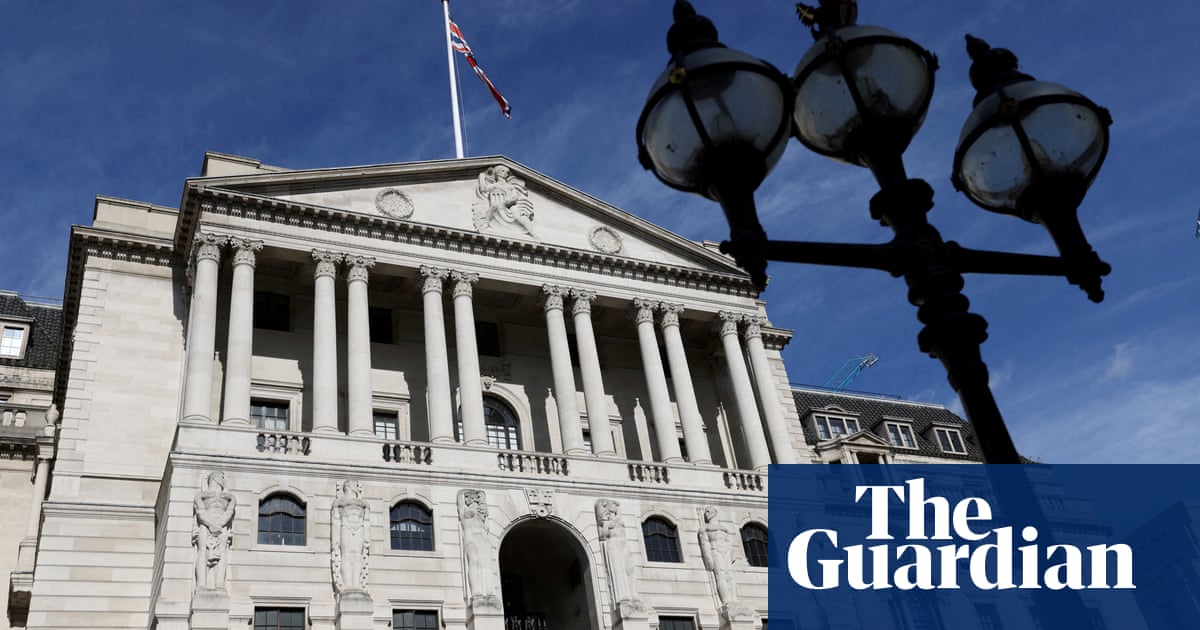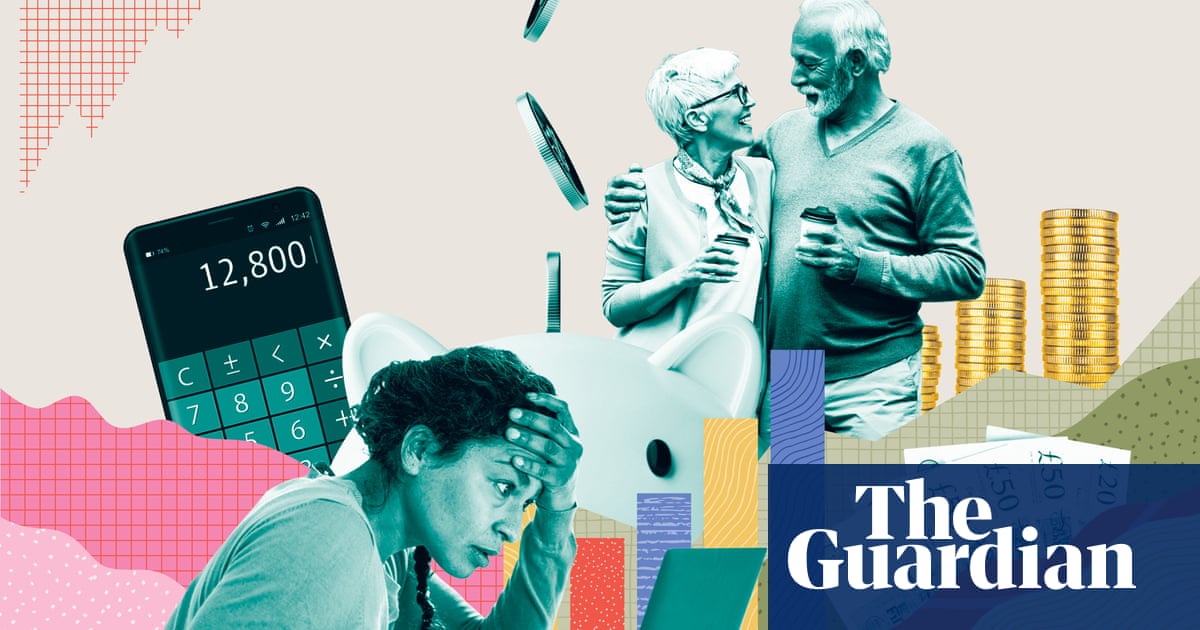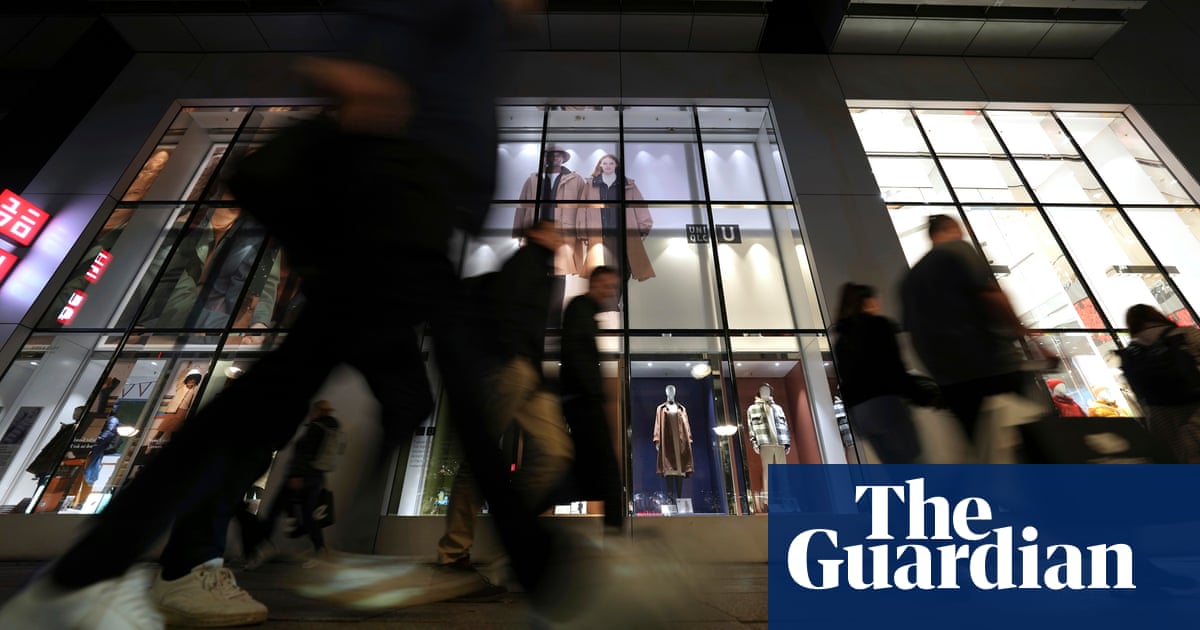
Things are moving fast for the British economy. Inflation has soared to the highest level in a decade, breaching 5% months earlier than expected. The headline figure masks much steeper rises for everyday items – the cost of apples and pears is up 25% in a year.
Meanwhile, consumer confidence is evaporating as the coronavirus Omicron variant spreads through the population with unprecedented pace.
Both will be front of mind for the Bank of England on Thursday as it weighs up whether to raise interest rates in the week before Christmas. With the economy appearing to blow hot and cold, and the outlook shifting by the day, it could be the toughest call in the rate-setting monetary policy committee’s 24-year history.
Official figures for November show the consumer price index measure of inflation jumped to 5.1%, surpassing City expectations to hit the highest rate since September 2011. For most people, wages are not rising anywhere near as fast, which means a rapidly worsening cost of living crisis across the country.
In a severe squeeze on living standards, fuel prices are rising at the fastest rate on records dating back to 1989. The cost of food, clothing and secondhand cars is also soaring. Factory gate prices rose further as cost pressures in global supply chains intensified – a sign inflation could drift higher still over the coming months.
Used car prices were up 31% since April. Petrol prices were up 29% from a year earlier to stand at a record high of 145.8p a litre. Apples and pears are up by a quarter since November 2020 from about £1.90 to almost £2.40 a kilo. The average price for a joint of beef has risen by 18% in a year from £9.91 to £11.73, while the average 250g pack of teabags has gone up more than 10% from £1.80 to more than £2.
With figures from the jobs market confirming unemployment continued to fall despite the end of furlough, it would be a racing certainty in normal times that the Bank would raise interest rates. Threadneedle Street is tasked with steering the inflation rate close to 2%.
Yet the current juncture for Britain’s economy is far from normal.
Much of the inflationary pressure comes from higher energy prices and global supply chain disruption that is expected to prove temporary. Meanwhile, part of the reason for the sizeable jump in inflation is that prices were artificially depressed a year earlier, when the government imposed a firebreak lockdown.
Omicron adds further uncertainty into the mix. On the one hand, further sustained pressure on global supply chains could be triggered if the new wave of Covid-19 leads to more factory shutdowns, staff shortages and more disruption to freight shipments. This would be especially true if there is less appetite for face-to-face services, and if insatiable appetite for manufactured goods remains.
On the other, Omicron could prove disinflationary if consumer and business confidence is knocked for six, in a scenario where demand is depressed in excess of the constraints on supply – a similar story to earlier stages of the pandemic.
So far it is too soon to tell for sure which is right. However, the early evidence could point to the latter if the emptying out of buses, trains, shops and restaurants in the past two weeks is anything to go by.
One thing that is certain is that government action will be needed soon for Omicron and inflation. Companies in the hardest-hit sectors are suffering from a wave of cancellations and collapse in demand. Household energy bills are expected to rise sharply come spring, while taxes on workers and businesses are going up.
With wage growth forecast to lag inflation next year, household incomes will be severely squeezed; depressing consumer spending and exacerbating the Omicron slowdown in the economy.
Despite this, many economists expect the Bank to stay on hold on Thursday. While the latest inflation figures have raised the stakes, waiting to see how much of an impact Omicron has on demand would be preferable to taking immediate action. But it is a close call.












